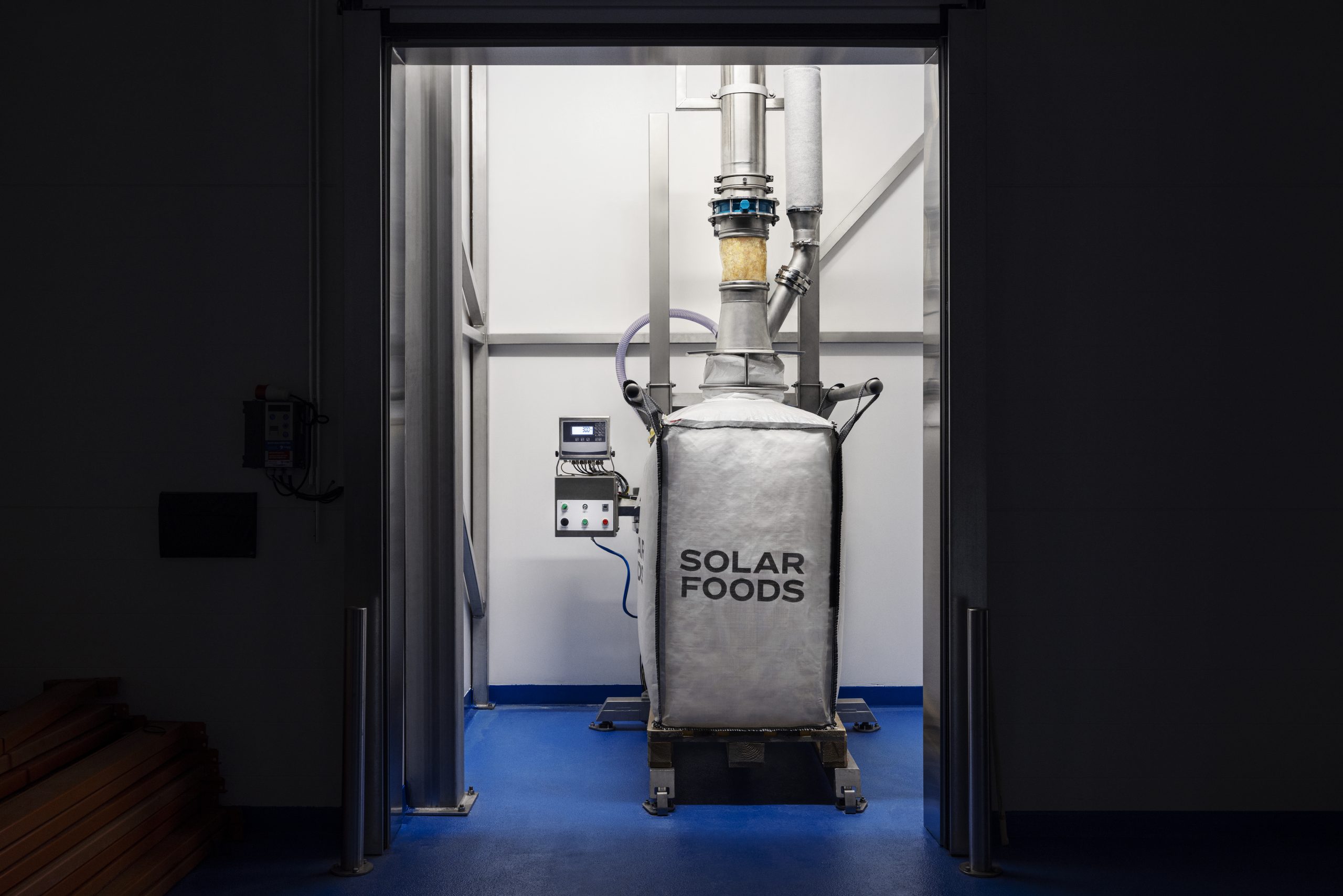The Hub wants to be the social innovator with a centre everywhere and circumference nowhere.
Lillian Kennett| March 2008 issue

One morning last December, Briony Greenhill gleefully brandished five copies of Oscar Wilde’s The Importance of Being Earnest—Christmas presents for her family. “I was sick of having Christmas sitting around eating and watching TV, you know? So I thought, This year we’ll all get up and do a play together.” It is exactly this attitude—see something unsatisfying, take charge, change it for the better, smile—that has helped Greenhill forge a unique career in social innovation.
After working as a freelance learning researcher, she decided she wanted to pursue a career in behaviour change and sustainable consumption. She was disappointed to discover that while policymakers and NGOs were producing endless reports on the topic, opportunities to work on practical projects actually delivering behaviour change didn’t exist. So she set about creating them.
In 2005, she joined The Hub, a fledgling North London venture seeking to provide young entrepreneurs with a multi-purpose space that could function as both an incubator and a launching pad for social innovations. She developed a partnership with another member, Anti-Apathy, a non-profit organization supporting individuals working toward environmental and social responsibility. “I had an idea and they had an organization,” Greenhill explains. “We were able to leverage their connections to get pilot funding.”
Two years later she is piloting The Nag (thenag.net), a collaboration with Anti-Apathy that Greenhill cheerfully endorses as “an environmental campaign for lazy people.” The website is loaded with information about how to be more environmentally friendly and offers users monthly suggestions on easy things they can do to live greener, cleaner and more equitably.
The numbers are striking. Nag users are saving 1,866 tons of CO2 per year. They’ve ordered 15,402 water-saving devices, conserving 46,077,600 litres (some 12 million gallons) a year. They’re passing on their nags to major clothing companies too, insisting on ethical production standards and on the purchase of more and more locally sourced seasonal fruit and vegetables. And they’re more or less doing it—get this—for fun in their spare time.
How Greenhill has done this is something large corporations and UK government departments are dying to learn. Now they’re calling Greenhill for advice in a field she was told didn’t exist.
Greenhill credits The Hub with helping get her ideas off the ground and into the mainstream. “The industry didn’t exist on the outside. In here,” she says, gesturing to The Hub’s warm, open fifth-story office streaming with afternoon sunshine, “things became possible. And now it does. When you have a free environment like this and a very open space, good thinking just bubbles up.”
A percolator for good thinking is exactly what the Hub was intended to be. In 2002, a small group of friends—Jonathan Robinson, Mark Hodge, Katy Marks, Yuill Herbert, Etty Flanagan and others—organized a debate at the UN World Summit on Sustainable Development in Johannesburg, South Africa. They realized there were many good ideas out there that hadn’t yet made it to a wider market.
“We discovered this whole set of people trying to realize good ideas from their bedroom: lonely, cut off, not really fulfilling the potential of their ideas,” says Jonathan Robinson. “So it dawned on us. What if these people could come together in the same physical space and have a place to hang out? Maybe we could begin to cultivate some really powerful collaborations between people with all sorts of different expertise.” From that original meeting of minds, The Hub was born.
The Hub (www.the-hub.net) is a hybrid venture, offering a range of different memberships depending on what community members need—from a kind of pay-as-you-go arrangement to unlimited use of the space and facilities. Members get access to all of the resources, gadgets and support they need to get started. Most important, they get opportunities to build connections, broaden ideas, test products and generally exchange information with other members.
Innovations in development in the London Hub include ethical business solutions and artistic initiatives. Luke Nicholson, co-founder of Onzo, a Hub-based company set up to help consumers be more energy-aware, stops for a chat by the teakettle and points out that starting out as a social innovator, “you need all the leverage you can get—and you can get that here.”
When Nicholson first became interested in energy-saving designs in 2002, as the creative director of the fledgling More Associates, his ideas did not get the warm welcome he might have desired. “We wanted to use design to open up carbon issues,” he says. “No one was interested for years. Then in 2005, companies started ringing us back. They were now thinking that energy-saving for consumers could be part of their business model. We had lots of knowledge in this area, but we didn’t know how to break into the market.”
More Associates joined with Lightweight Medical, a young company with parallel interests, and together they won government funding to develop their designs. “That was a critical early step, and it came out of connections we made at The Hub,” explains Nicholson. Fast-forward 18 months, through 17 evolutions of the business plan and thousands of design revisions, and the end result is Onzo—a high-growth young company producing “energy displays” that show energy use.
The devices calculate and record how much energy every appliance in a home or office is using at any given time, how much each one is costing and how much energy was used over the past 24 hours. The box, a bright pink prototype screwed to the wall of The Hub, can even be calibrated to show estimated carbon emissions and can report energy use in user-friendly measurements—cups of tea that could have been made with the same energy rather than vaguely incomprehensible kilowatts.
“The path of any young business owes so much to the input of people you find yourself sitting next to, and at The Hub we sit next to amazing people,” says Nicholson. “Before too long, people start to see what they would be capable of doing working together. Then they do it.”
Robinson is keen to expand the hub network. “What has been a really wonderful surprise has been the discovery that the same problems we saw facing individual entrepreneurs in their bedrooms at the start are also facing pioneering souls trapped within corporations and other big institutions,” he says. “They have great ideas for changing the world, but the corporate culture doesn’t allow for that change.”
So The Hub is expanding in two new directions. First, managers are reaching out into the corporate world and the public sector, attempting to inject a bit of Hub thinking into the establishment. A new high-end Hub in London’s Kings Cross area and a spacious workspace on the south bank of the Thames River will bring big thinkers from the fringes and the centre together, uniting leaders from the corporate world and the public sector with individual entrepreneurs. “We want to maximize the potential for creative collisions between unlikely allies,” says Robinson. “When the fashion student meets the development specialist meets the seasoned investment banker, who knows what can happen?”
Second, The Hub is expanding globally. Branches are currently starting up in Bristol, Johannesburg, São Paulo and Rotterdam, while plans are being made for Berlin, New York, Mumbai and Israel.
Most of these new Hubs are in their infancy, but as they grow, the hope is they’ll develop on two levels. They’ll function on a local level to assist domestic entrepreneurs in making connections, mirroring in some respects the current operation of the London Hub. At the same time, they’ll function as parts of an international network, working on a peer-to-peer basis with other Hubs across the world.
“São Paulo is an enormous city with many ideas,” says Pablo Handl, the director of the Brazilian Hub. “It is already a hub of sorts. But it didn’t have a place where these ideas could congregate. Civil society, cultural thinkers and others: Basically they don’t cross paths. So we can create the connections, like the host at a party. The idea is to create a platform that will transcend countries. If a company in Johannesburg wants to expand to Brazil, it will now have personal connections.”
Adds Robinson, “It’s a recognition of the fact that the challenges facing the world are huge, complex and global in nature. If we can create the same quality of connections that exist in The Hub in London worldwide, we can achieve globally much more than the sum of our parts.”
So North London nags could soon be revolutionizing Rio and Rotterdam and countless other towns and cities worldwide. There’s some pestering that stands to make us all proud.
Lillian Kennett is a freelance journalist based in London.











